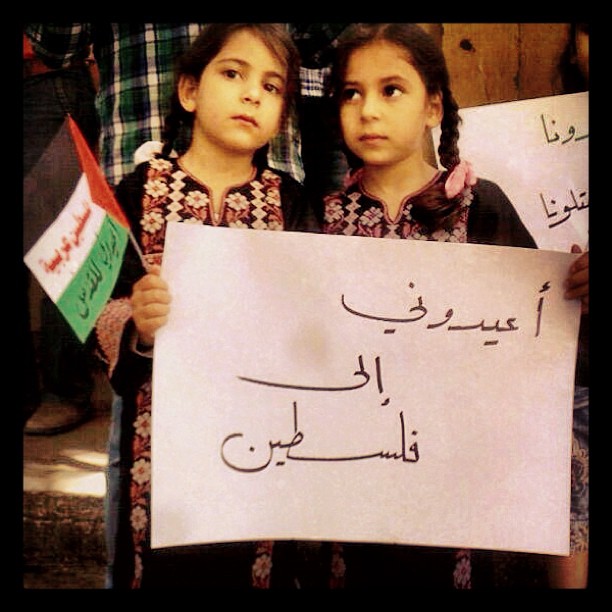Fashion week is wrapping up in Paris, and designers Alexa Adams and Flora Gill are buzzed with their success there.
Paris is buzzing about them as well; the simultaneously bold and understated Spring/Summer 2010 line from Ohne Titel (German for “Untitled ) has drawn critical acclaim after an equally successful launch at the New York Fashion Week in September.
When asked by the press about their inspiration, the designers cited the bold lines and bright colors of ancient Egyptian art.
Daily News Egypt managed to catch up with the designers backstage at their showroom in Paris, via Skype. The Parsons’ alumni, both of whom worked under Karl Lagerfield, elaborated on their sources of inspiration, female empowerment, and developing a universal aesthetic.
Daily News Egypt: What has been the response to Ohne Titel at the Paris Fashion Week?
Alexa Adams: The response in Paris has been really strong. We’ve gotten a lot of positive attention to this collection from all over, actually, from Asia to New York. We really love the sensibility in Paris though; it’s a great to be exposed to all the creativity going on here.
How did ancient Egypt inspire this season’s collection?
Adams: We did a lot of research ultimately, but it was initially inspired by New Kingdom [era] paintings and sculptures from the collection at the Met [the Metropolitan Museum of Art in New York City]. The linear shapes in tailoring and the wrapping of the body’s form came from Egyptian sculptures from that time period.
Flora Gill: Also, the head coverings of some of the Pharaonic mummies, some of the laciness of those designs, led us to experiment with new textures. Feathers on silk, for example, was a new technique we tried with this collection.
Adams: We also followed the Egyptian cannon of proportion, the aesthetic of the stronger muscular shoulder and attention to proportional balance. For example, in the collection’s first look, the delineation of color transforms the shape of the legs, while the black at the collar lengthens the neck.
Gill: One thing about the graphic [colorful] pieces that came directly from Egyptian sculptures was the ability to drape a material yet keep it flat to the body. We noticed this in sculpture and wanted to recreate it.
Politicization of clothing occurs all over the world, but why do you think it receives particular attention in the Middle East?
Adams: I think that clothing, because it is the closest thing to our skin, can’t help but become the way that we define ourselves. Our clothing is sold in many countries, which is indicative of the globally appealing aesthetic that is developing in fashion. We try to go for looks that will be universally appealing.
Women’s clothing in Egypt remains particularly political. For example, Al-Azhar Sheikh Mohamed Tantawi recently banned the niqab, or full face veil, for girls in Azhar’s institutions. What does your line communicate about women?
Gill: A lot of what we do is about empowering women.
Adams: .and empowerment means choice. Not to have to abide by what is dictated by society, but not going to the opposite extreme and banning an article of clothing. The issue is not the clothing itself, it’s about the perception of a woman’s right to choose.
Gill: It is more complicated than the length of a hemline. Showing more or less skin is not an indicator of empowerment.
Have you visited Egypt?
Adams: I’ve been to Jordan and to Israel, but not yet to Egypt. I would love to visit.
Gill: No, I haven’t had the chance to travel in the Middle East, but hope to soon!
Visit www.style.com to view Ohne Title’s entire spring summer 2010 collection.


